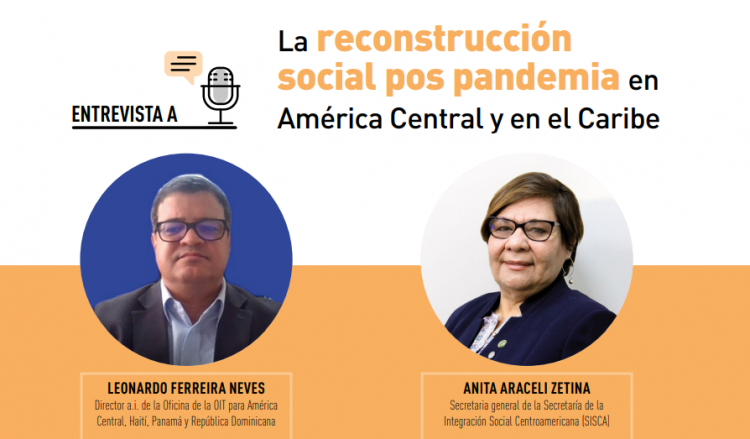Sonia González Fuentes, EUROsociAL + Governance Area Coordinator

They are not the effects of the pandemic. Before it, two alerts warned us of the “malaise of democracy” in Latin America, although it is also observed in other parts of the world. One of them, the political crises and the wave of social protests that shook some countries in the region such as Chile, Ecuador, Colombia and Bolivia in the last months of 2019. The other, the all-time low levels of trust in institutions, as shown by the latest Latinobarometer, with 80% of the population claiming that government is for a minority. The protests no longer come just from the poorest sections of society, and one could sum up the cry of these mass demonstrations as “govern for the majority.” Some experts then wondered whether representative democracy was in crisis, but it does not seem that support for democracy as a form of government is in danger; what was really being questioned was its governance. One year on from this first wave of social unrest, and after a seven- or eight-month truce granted by the pandemic, the “Latin American spring” seems to be back, as evidenced by recent events in some countries such as Peru and Guatemala. Citizens, especially young people, are once again taking to the streets to denounce and reject inequalities, corruption and the functioning of public services, and further stressing a political system that does not seem to respond to their demands.
The pandemic has aggravated the (structural) problems of the region, and the responses of the various governments to face the humanitarian, social and economic crisis do not appear to have been effective. Different international organisations point to this crisis as the worst that has been experienced in Latin America in the last 100 years, and say that it could mean a 15-year setback in the fight against poverty. Against this background, improving governance seems essential to have a quick recovery, but also – and above all – for democracy to move closer to a process of building common purposes that leaves no one behind.
Returning to the policies that had been applied before the pandemic seems to be an optimal solution. It is these policies that have provoked the anger of citizens. Nor do sterile discussions about whether we need more or less state or more or less market seem to provide an answer to the crisis. At this moment, what we need are better states and better markets to join hands in generating economic growth and higher levels of social welfare. This pandemic has brought back public, common and collective considerations as imperative demands, which as Daniel Innerarity says, goes beyond the statist dimension and implies a shared sovereignty, also counting on other actors and agents. This is not the time to compete, nor for electoralist and short-term views. Social discontent expresses a perception of democracy that disappoints expectations of a better life and greater well-being, producing a vicious cycle of inequality, frustration and discontent between generations. We have a chance to get it right and break that cycle.
Although I have more questions than answers, I believe that there are some matters that cannot be refuted. It cannot be disputed, for example, that public policies, all the more so at this time, should put people at the centre. Nor can it be questioned, especially when resources are scarce, that governments have to be effective in their decision-making and must act in a transparent manner. Transparency is the greatest enemy of corruption and a source for generating a reservoir of trust in institutions. It cannot be said that we are certain because we live under the rule of law, which can only exist if human rights are protected and defended. It is hardly debatable that we are facing a complex environment and that we have to manage it, and that this, perhaps, also requires a more complex governance, which takes into account the plural interests and the different levels of government to face cross-cutting problems such as COVID-19. It is not about competing, but about implementing cooperative strategies. If any government prioritises the general interest, the simplest thing is for each one to make the tools available to it for this purpose. And finally, I think that all of us will agree that this pandemic has once again put fiscal policy at the centre of public debate, because reflecting on possible alternatives for tax reform also implies reflecting on what model of social welfare we want and placing a bet on social cohesion.
And it is in these questions, which are sometimes reduced to the merely technical, that we risk the democratic destiny of our societies. I end with Hannah Arendt, with one of the premises of her thinking: “Politics is about being together, with each other, [even though we are] diverse”, because without ties between equals there is no freedom and, therefore, there is no politics either.



